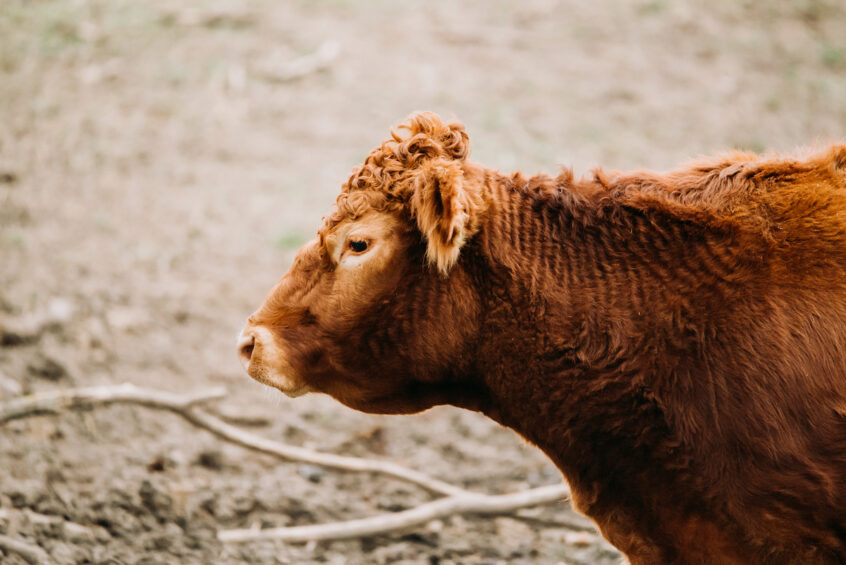Those who work with cattle know how many things affect production. Farmers across the country are constantly battling to keep their cows happy and the profits steady. Every cattle owner knows about heat stress, and how it can quickly affect your livestock and wreak havoc on your herd.
What is Heat Stress in Cattle Treatment?
Heat stress in cattle is an easy concept to understand. Just like humans, cows generate heat by digesting food, being active, and absorbing sunlight. Summer months come with overheating as the temperature gets hotter. But why is cattle heat stress something to worry about?
In short, heat stress is costing you money. Cattle that are heat stressed produce less milk, have lower pregnancy rates, and higher incidences of disease. Heat stress doesn’t just affect the cattle you have now, but also the ones you are expecting in the future. Cows born in heat stressed conditions have lower birth weights, reduced milk production, and worse immune systems.
Ignoring heat stress in your livestock will lead to a domino effect on your profits. Now that you know how critical this condition is, how can you notice it in your own herd?
Signs of Heat Stress in Cattle
Your animals will give off some noticeable signs of heat stress, all of which should be an important sign for you to act. The quicker you bring down the temperature, the sooner you can resume normal production levels on your farm.
- Body Temperature – You can assess your cattle by checking their body temperature. This is one of the easiest ways to observe heat stress but can be time consuming.
- Respiration – Monitoring your cattle’s respiration rates is another good way to diagnose heat stress. Cows attempt to offload their heat via respiration, increased rates easily point to when your cattle are heating up.
- Appearance – Perhaps the most noticeable sign is in appearance. Cattle that are heat stressed will appear lethargic and breathe with their mouths open. Be cautious, however, some cows experiencing mild stress will simply not show signs at all.
How to Reduce Heat Stress for Your Animals
There are many ways you can reduce heat stress, like adding shaded areas or misters to your property. But the best ways to reduce heat stress, in our opinion, is by adding ventilation and better drinking systems.
Ritchie Drinking Systems supply your herd with fresh water for life, allowing for better cooling and reduced heat stress for your herd. These drinking systems have many options, each with enhanced customizability for your needs. With the highest specifications in the industry, Ritchie Drinking Systems will keep your cows cool and reduce production lost from heat stress.
You can also add ventilation to your facility, with industrial ceiling fans and turbines. These devices ventilate warm air and draw in new air too keep your animals cooler. Ceiling fans and turbines come in different shapes and sizes to best fit your facility and provide better air quality for any number of cattle.
Regardless of which solution you choose, Carlson Wholesale can help you find the best solution to reduce heat stress in cattle and support your production. If you have questions on which product is best for your operation, contact us to find out.
